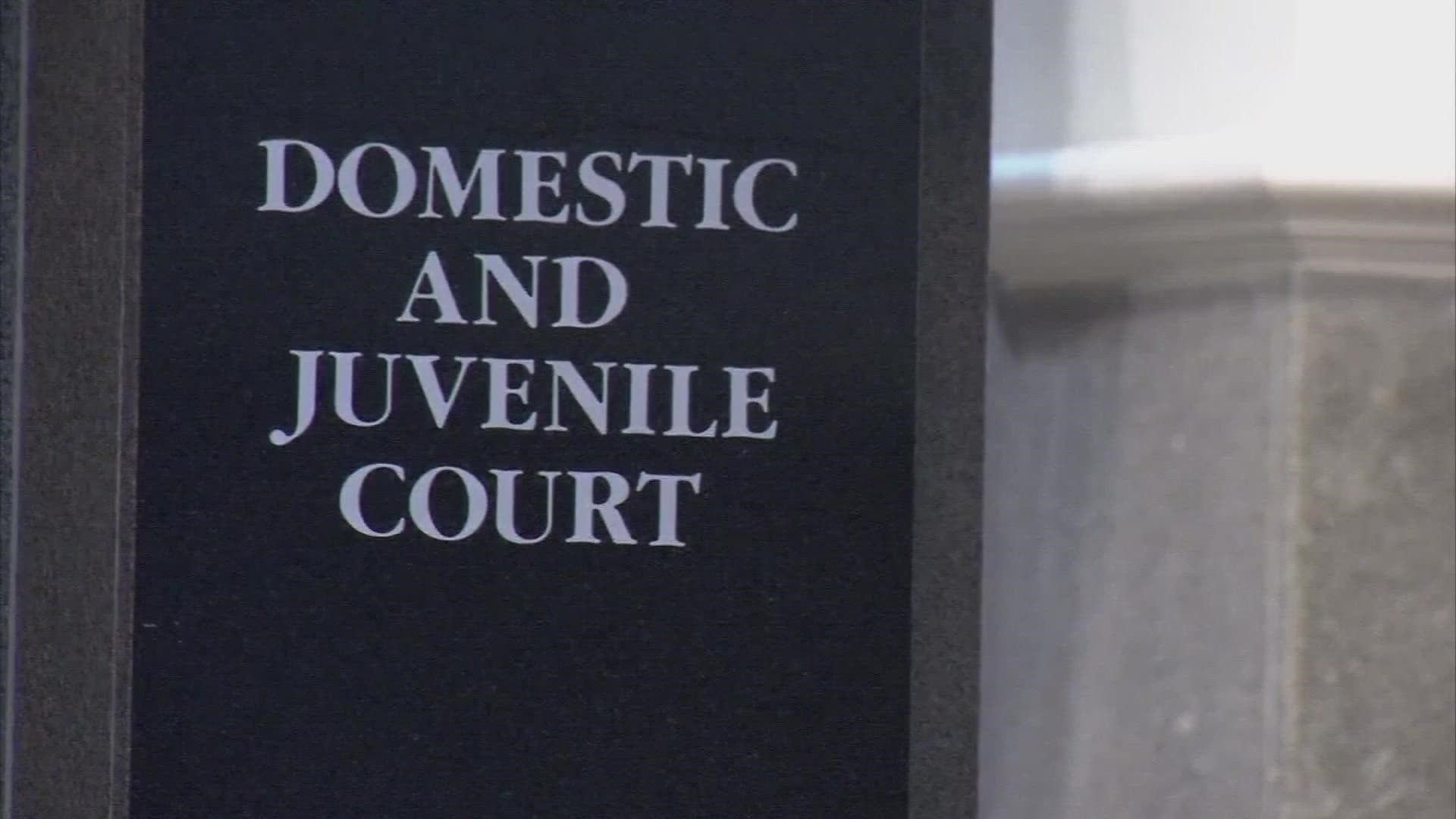COLUMBUS, Ohio — Law enforcement agencies and criminal justice officials are seeing a rise in crimes in central Ohio involving violence and gun among juveniles.
The current debate among criminal justice experts is whether to bind over cases involving juveniles and have them be tried on charges in adult court.
Avent'tay Solomon, a 15-year-old boy, is charged with murder and felonious assault in the shooting at Glenwood Community Center last month that left 24-year-old A'Tayia Nichols dead and an 18-year-old woman hurt.
The Franklin County Prosecutor's Office has filed the paperwork to request a bind-over and that he be charged as an adult for his role in the west Columbus community center shooting.
But how does that process work?
In Ohio, the judge decides if a juvenile will be tried as an adult if they are younger than 16 and charged with either murder, aggravated murder or attempted murder.
Only certain crimes make a juvenile younger than 18 eligible to be bound over as an adult.
"The statue lays out the factors. We are looking at the victim and their role and whether there are factors for transfer such as the relationship between the juvenile and the alleged victim," said Administrative Juvenile Court Judge George Leach.
Leach added that in Franklin County, bind-over admissions have decreased 78% between 2014 and 2021.
"So many are coming under the wire initially under discretionary bind-over. There was a movement, not the court, society and looking at cases and weighing it out in juveniles, and all factors related to it," he said.
Leach explained that judges also weigh several factors, such as age, criminal history and personal history when deciding if a juvenile should be charged as such or an adult.
10TV asked Leach what role public safety plays in making a decision.
“I know that's a hot-button term that's going around with the Supreme Court and public safety. We are always looking at the impact on society, and whether the juvenile presents a risk to society," he responded.
Louis Tobin, executive director for the Ohio Prosecutor’s Association, said at some point, securing justice for the victim and promoting community safety has to be the first priority.
“When a kid commits a carjacking or fires a gun at random and hits somebody and they get a slap on the wrist, the lesson they learn is that's not a big deal. The lesson the other kids in the community have learned is that's not a big deal. If you let chaos explode like that, it's going to escalate and it's going to continue," Tobin said.
Defense Attorney Sam Shamansky, who represented several juveniles facing bind-overs, argued that juvenile court is better equipped with programs to help the child instead of focusing on punishment.
“Ohio's juvenile justice system is something the whole world can be proud of. It's terrific. It keeps kids, it recognizes the limitations and characteristics of children in the justice system and it treats them accordingly,” Shamansky said.
"Each judge is an elected official, but as administrative judge,the trend should be to continue the course with probably some movement toward probation again instead of just JCES, or back to monitoring a little more tightly," Leach said.
Leach argued whether the child is charged as a juvenile or an adult, they will be released from custody at some point. His concern is what will give that child the best outcome.
“It doesn't get rid of the juvenile. They move to adult court. What is the future of that juvenile in adult court of success of rehabilitating where we have a better chance at juvenile court,” he said.
When 10TV spoke with A'Tayia Nichols' aunt Patricia Hooper, she said the family isn't sure about what Solomon's future should be.
“I don't want to see another baby die. Period. I don't want to have another mom go through what I'm going through. I can't deal with it. And I don't want another child locked up. I don't want another African-American child locked up,” she said.
There are also talks in the legislature to change the law and make all bind-overs discretionary, or up to the judge, regardless of the child's age.

